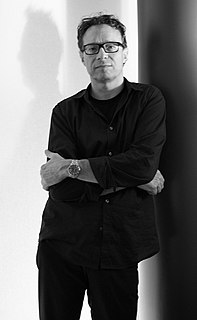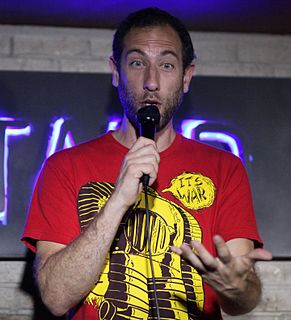A Quote by Timothy Simons
My first job in L.A. was actually playing an employee in a Best Buy commercial, but I played a bad employee at another store. I also worked at a commercial casting company running cameras and session directing.
Related Quotes
My first professional audition - god, I've never told anybody about this - was for a test commercial, I think it was for Xbox. It involved me getting kidnapped by a granny who wanted to play the Xbox. It was very weird and I definitely had no idea what I was doing. I actually got the gig. It wasn't a commercial; it was what directors did when they wanted to show the company what they would do with a commercial.
I think companies over the last 10 years have done a very bad job of explaining to their employees what the intrinsic risks are. All I know is, if you wait until you let the employee go to deal with the issue of how do you communicate to the employee about being let go, it's too late to do anything.
As with all catalysts, the manager's function is to speed up the reaction between two substances, thus creating the desired end product. Specifically, the manager creates performance in each employee by speeding up the reaction between the employee's talent and the company's goals, and between the employee's talent and the customer's needs.
In the middle of the Great Depression, George Jenkins, Jr. left his job at a grocery store and decided he would open up his own store. I am sure many people thought Mr. Jenkins was crazy, but he had a dream. Today, his chain of stores employs 127,000 Floridians and is the largest employee-owned company in the country. We know it as Publix.




































